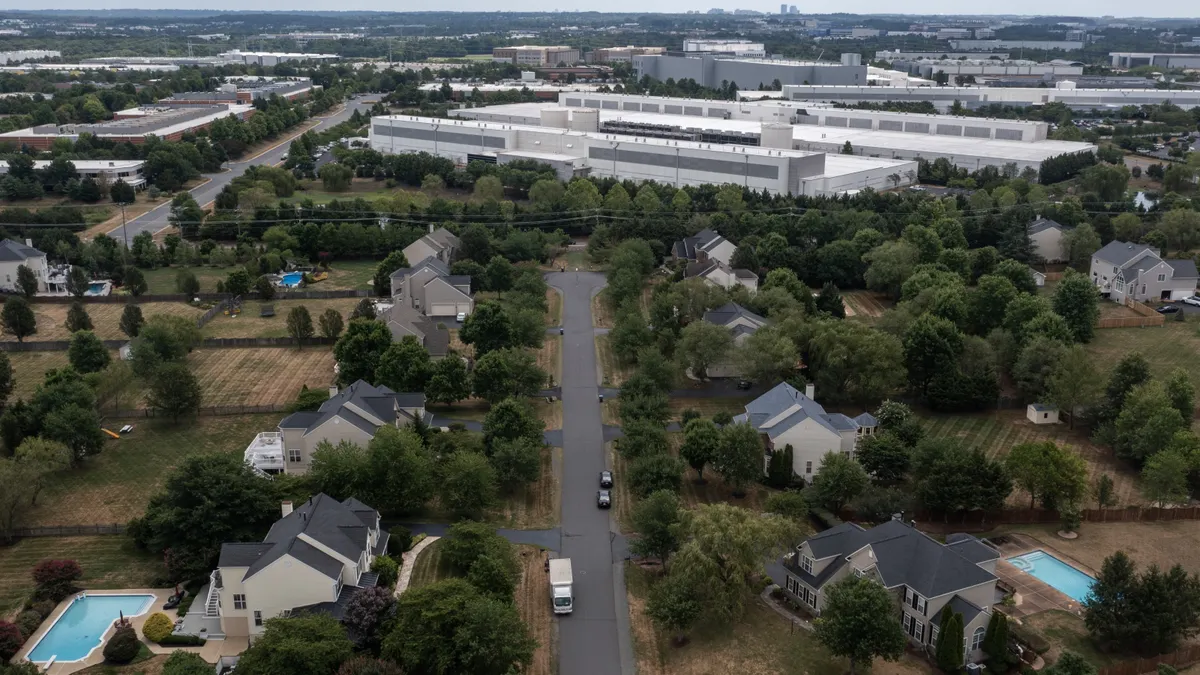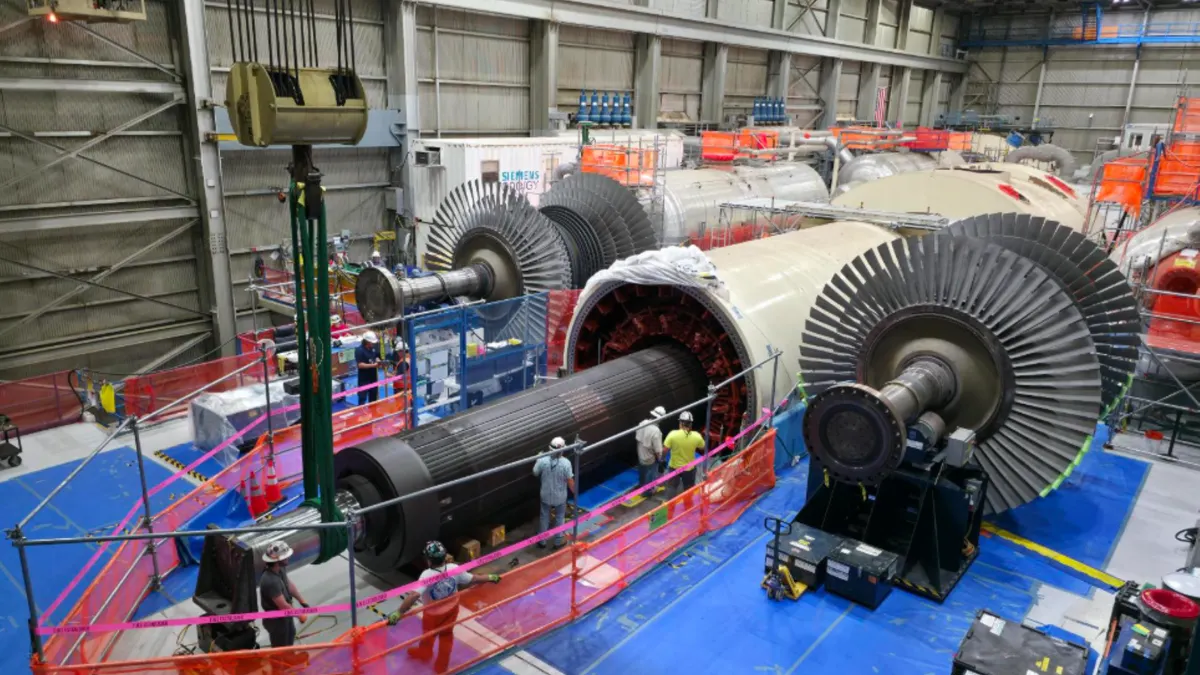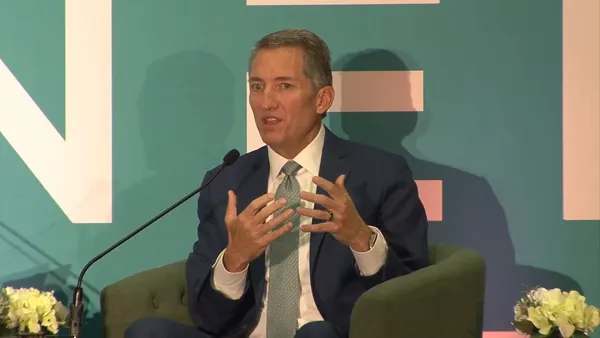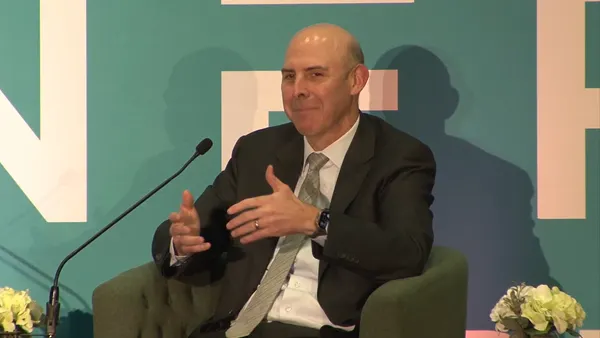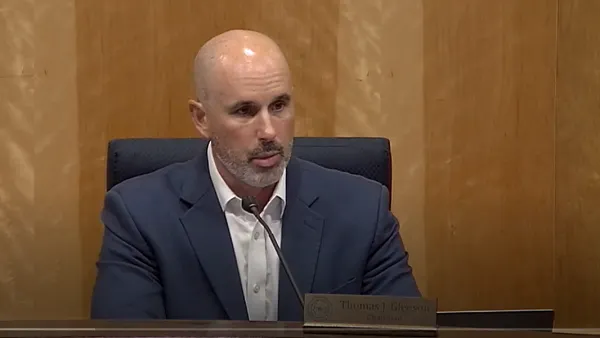Update: Nov. 3, 2021: The Arizona Corporation Commission (ACC) voted 3-2 on Tuesday to approve Arizona Public Service’s (APS) 2019 rate case, but denied the recovery of some utility investments. The utility called the regulators' decision "short-sighted," adding that customer costs will be raised in the long run, "leaving us no choice but to take legal action."
The commission denied APS from recovering $215.5 million spent on pollution control upgrades for the Four Corners coal plant. It also cut the company’s return on equity from about 10% to 8.7%. ACC Chairwoman Lea Marquez Peterson estimated the order led to a $119 million annual revenue decrease and the first rate decrease for APS since 1996.
Update: Oct. 29, 2021: During continuing hearings on Wednesday, the Arizona Corporation Commission voted not to permit Arizona Public Service (APS) to recover the full $450 million investment in its upgrades for the Four Corners coal plant, as the utility plans to close the plant earlier. APS would be able to recover $234.5 million from ratepayers.
Following the threat of legal action from APS, the chair of ACC withdrew her proposal to cut rates $0.09/kWh from the current $0.1172/kWh.
The commission plans to vote on Nov. 2 on the final rate package.
Dive Brief:
- Arizona Public Service (APS) is threatening to take state regulators to court over a proposed cut to the utility's rates that could slash revenues by $172 million per year.
- The state's largest electric utility is "prepared to take immediate legal action" and file an appeal with the Arizona Supreme Court should the Arizona Corporation Commission (ACC) move ahead with the rate cut, among other items, Jeffrey Guldner, APS' CEO, president and chairman said in a letter Monday.
- APS requested a 5% rate increase in its rate review case, and is seeking to recover costs from its ratepayers for upgrading pollution controls at a coal plant and to maintain the utility's current level of return on equity.
Dive Insight:
In his letter threatening legal action, Guldner takes aim at a proposal by ACC Chairwoman Lea Márquez Peterson's issued on Oct. 21.
Márquez Peterson has countered APS' rate increase request with a proposal that would lower rates by 2030 to $0.09/kWh, from the current $0.1172/kWh. That would reduce APS' revenue by $172 million, or by 2%-5%, according to the amendment.
The utility's last rate decrease was in 1996, Márquez Peterson said in a press release, which stemmed from a "multi-year, multi-rate case plan … to rein in the company's operating issues and achieve operational excellence."
The ACC chairwoman's proposal calls for the utility to lower rates through a combination of "management action" and "tightening the belt."
APS would be required to work with the commission's staff and stakeholders to come up with an annual report on various cost saving measures, and would also be eligible to reap some performance incentives enabling the company to keep some of those savings, according to the chairwoman's letter.
"Under Arizona's constitution, the Commission serves as the substitute for market competition," Márquez Peterson said in a statement. "When we're dealing with captive customers and monopoly utilities, effective rate regulation is the solution."
But APS' Guldner, in his letter to the commission, argued Márquez Peterson's proposal was a nonstarter.
The ACC chairwoman's amendment "suggests the further destruction of a utility's ability to deliver reliable, clean, and affordable energy and service," Guldner wrote. "Not only do we find this proposal to be wholly unlawful and unsupported by anything in the record, it would also hamper our investment in infrastructure to provide reliable service to our customers."
The utility and Arizona regulators are also sparring over two other big issues as well.
The ACC voted 4-1 earlier this month to cut APS' return on equity to 8.7%, citing issues related to the utility's performance on customer issues.
Guldner had asked that APS be allowed to keep its current 10% ROE.
The commission is also debating whether to allow APS to charge ratepayers for $450 million spent on upgrading pollution controls on its Four Corners coal plant, located near Fruitland, N.M.
In his letter Monday to the commission, the APS CEO said the utility is faced with having to make major investments in infrastructure amid a "fundamental transition in how we supply energy to customers and reduce carbon emissions."
That involves making "significant investment in new technologies such as large-scale batteries," Guldner wrote.
In addition, APS is struggling with "extremely limited capacity" available to meet summer peaks, as well as "broad inflationary pressures and supply chain constraints."
Guldner offered a counterproposal that would cap "base rate reduction" at $111.4 million and allow for recovery of money invested in the coal plant pollution controls, among other items.
"The environment for operating an electric utility in the West is more challenging than ever before," Guldner wrote. "A reasonably constructive regulatory environment is critical to successfully navigate these challenges."



